We will halve the impact of our waste
We’re committed to halving the impact of our waste by 2030.
Despite being only 7% of our total carbon footprint, waste is a really important issue for Nando’s and our customers. It’s bad for the environment and no one wants to see our beautiful home littered with junk, so we’re tackling the issue head-on by following the globally recognised Waste Hierarchy and developing a circular economy. To top it off, we’re also looking at the materials we use and how to reduce unnecessary waste in our restaurants, and of course, getting our recycling on.
How we'll reduce waste
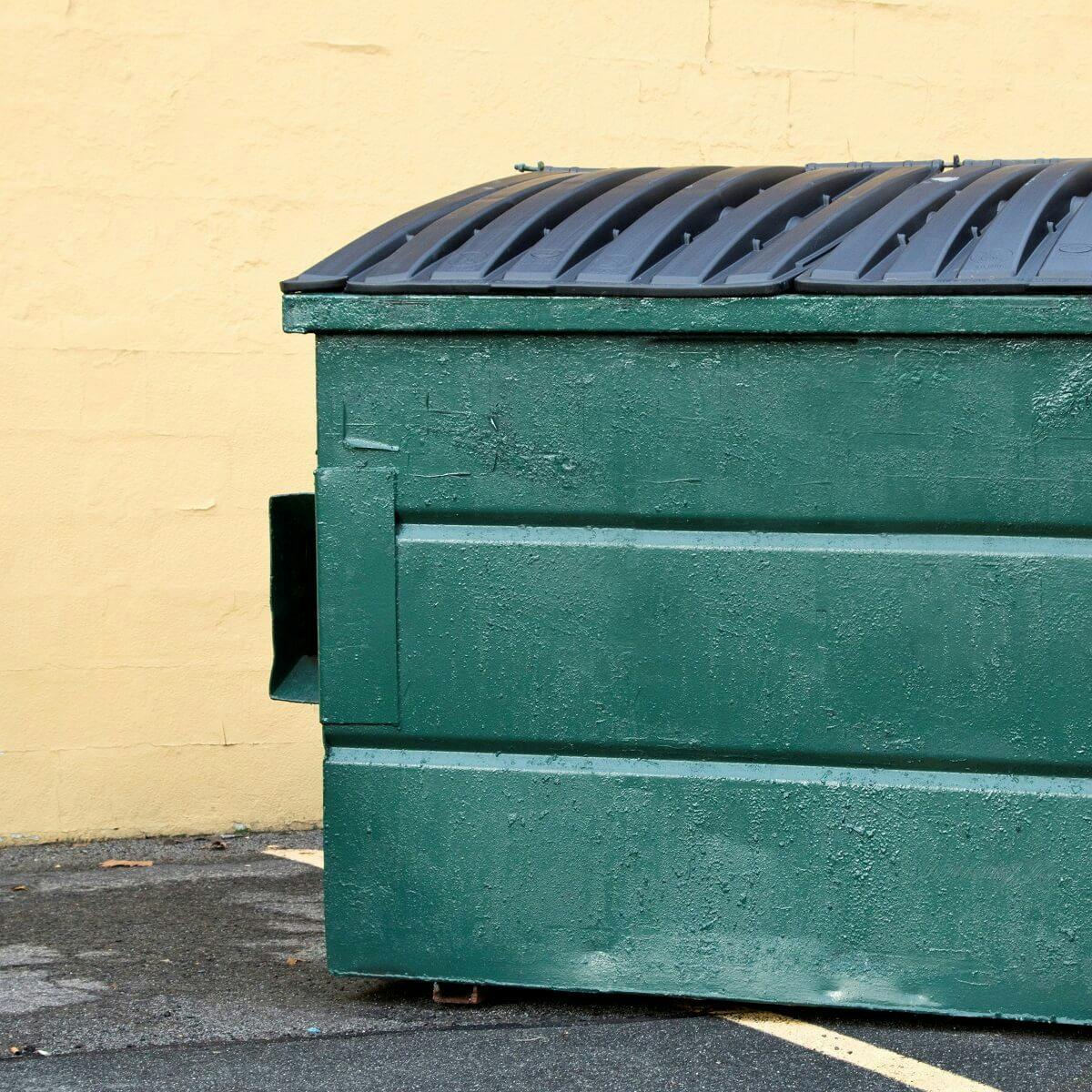
Waste management plan
We’re making moves with our national waste management provider, Veolia, to reduce the amount of waste we produce and ensure our waste is managed as sustainably as possible.
We will also develop an awesome Operational Waste Management Plan that includes:
- Segregation systems in restaurants
- Review of packaging materials and recycling options
- Waste measurement and reporting systems
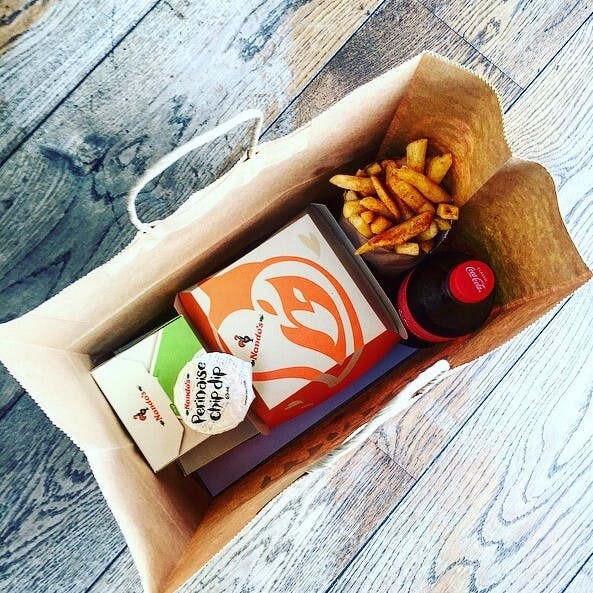
Waste reduction
When it comes to waste reduction, we mean business! Long ago, we scrapped straws, salt and pepper sachets and toothpicks, and only provide sustainably sourced wooden cutlery on request for takeaway orders. Our chicken and fresh veg are delivered in reusable crates, saving loads of cardboard each year, and we‘ve even repurposed old uniforms which have been upcycled and made into soft toys and wall hangings in partnership with Tangentyere Council, an Aboriginal owned, not-for-profit enterprise.
Our food is cooked fresh to order and our menu is flexible, enabling customers to order exactly what they want, to help us reduce waste from leftovers. Score!
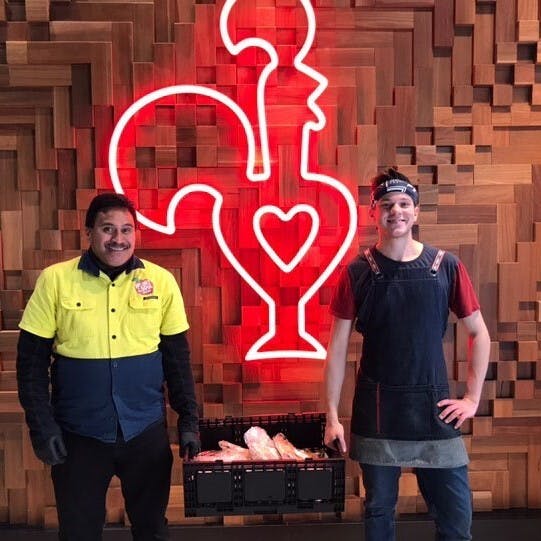
No Chuckin’ our Chicken
Our food can change lives too! In 2018 we launched our global donation program, No Chuckin’ our Chicken, which secures food from our restaurants that was otherwise headed for landfill and redistributes it to charities across Australia.
Through SecondBite our restaurants are partnered with over 100 local charities and food community programs, who collect chicken that’s been frozen fresh, to make up tasty, nutritious meals for those in need.
Through this awesome community program, we’re able to help increase food security and reduce a serious amount of food waste. To date, we’ve donated just under 380,000 meals!
Designing for circularity
We’re closing the loop! Designing for circularity will enable us to greatly reduce the amount of waste we produce as a business. Unlike a typical cycle of make, use and dispose, circularity favours re-use and recycling to get more value out of materials and products, like packaging.
For us, this means taking action on three fronts:
- Making packaging 100% recyclable
- Improving our recycling and collection mechanisms for waste so materials stay in the economy for as long as possible
- Using recycled content in our packaging to close the loop
We’re using this framework to help us move in the right direction to close the loop. As a first step, we’ve made a commitment to meet 2025 industry targets set by the Australian Packaging Covenant Organisation (APCO).
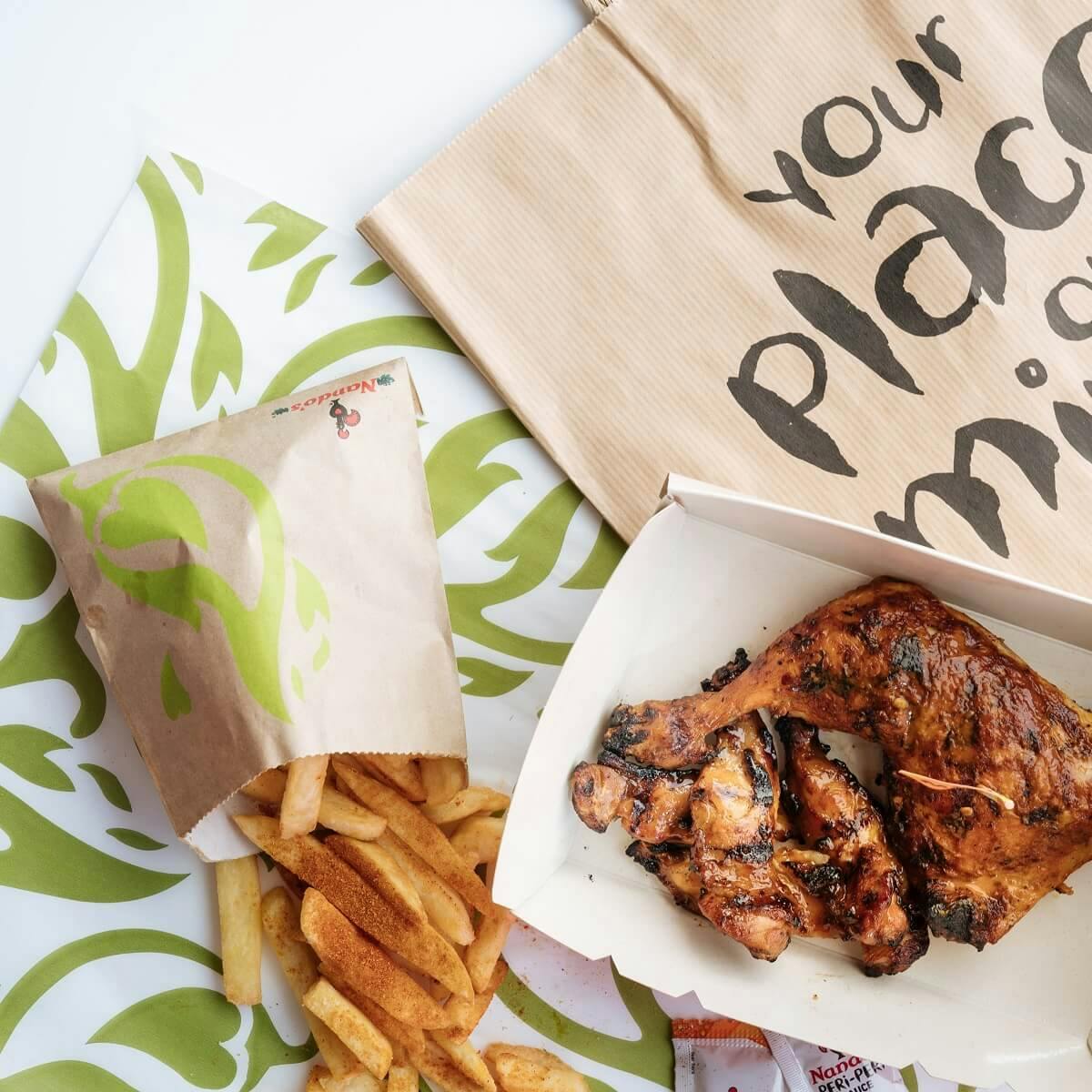
Australian Packaging Covenant (APCO)
As signatories to the Australian Packaging Covenant (APCO), we’re working collaboratively to achieve four epic goals.
By 2025 we’ve committed to:
- 100% reusable, recyclable or compostable packaging
- 70% of plastic packaging being recycled or composted
- 50% of average recycled content included in packaging
- Phasing out problematic and unnecessary single-use plastics packaging
We’ve also agreed to encourage our suppliers to come on the journey, whether they’re signatories or not. If you’re keen to learn more, check out our annual report available for review.
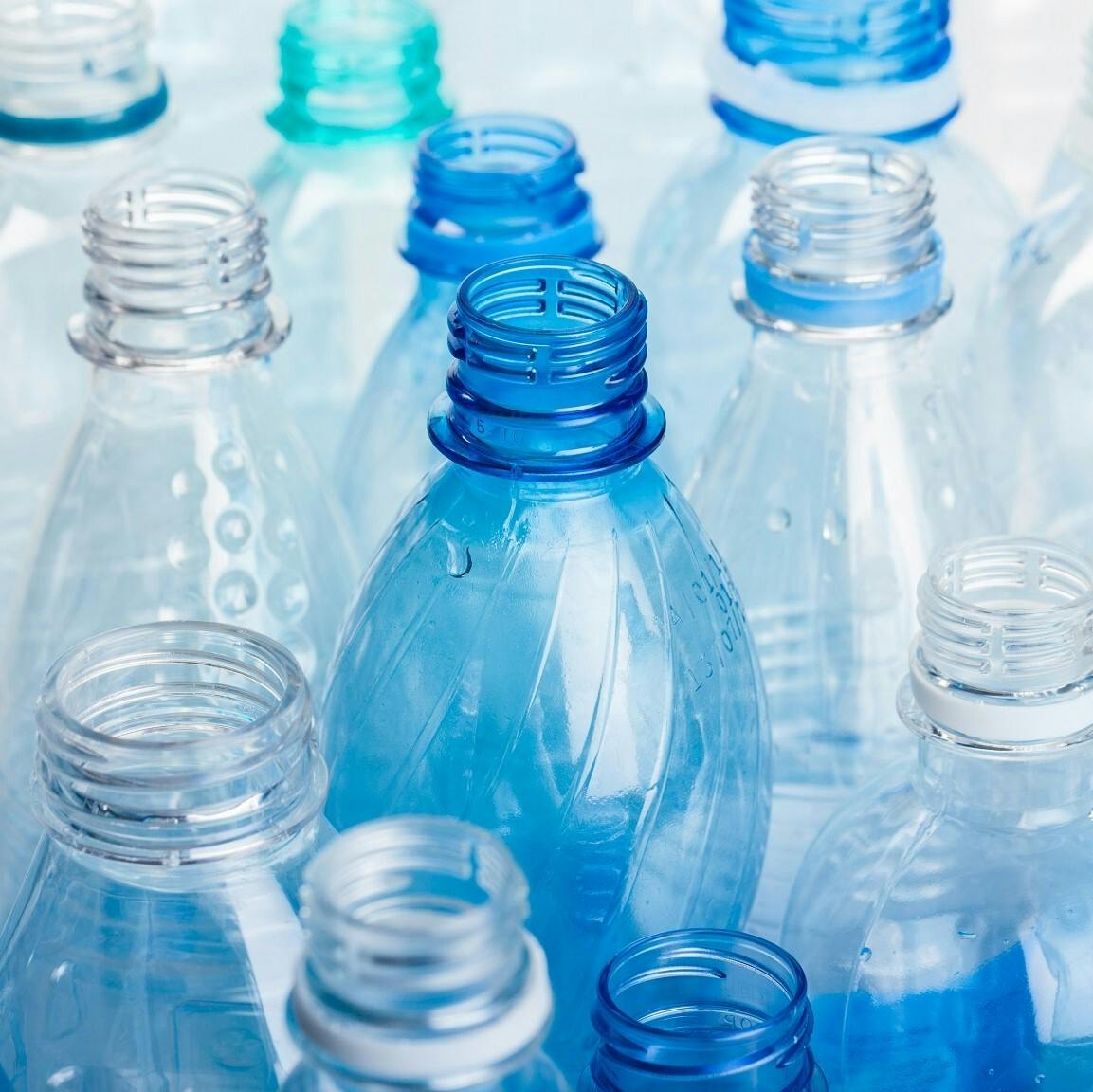
Recycling and organic waste recovery
We’re not mucking about! Over the last three years, we’ve improved our recycling in big ways, increasing the number of restaurants recycling cardboard, glass, plastic and metal to 80%. Every company owned restaurant where we have operational control, and every shopping centre that offers recycling facilities is participating! What about the other 20% you ask? We’re working with these landlords too, encouraging them to introduce recycling over time.
Around 20% of our restaurants also send organic waste to composting or anaerobic digestion (that’s renewable gas powered by food waste). This is a relatively new initiative and we’re working hard to roll this out across more restaurants and get our landlords on board.
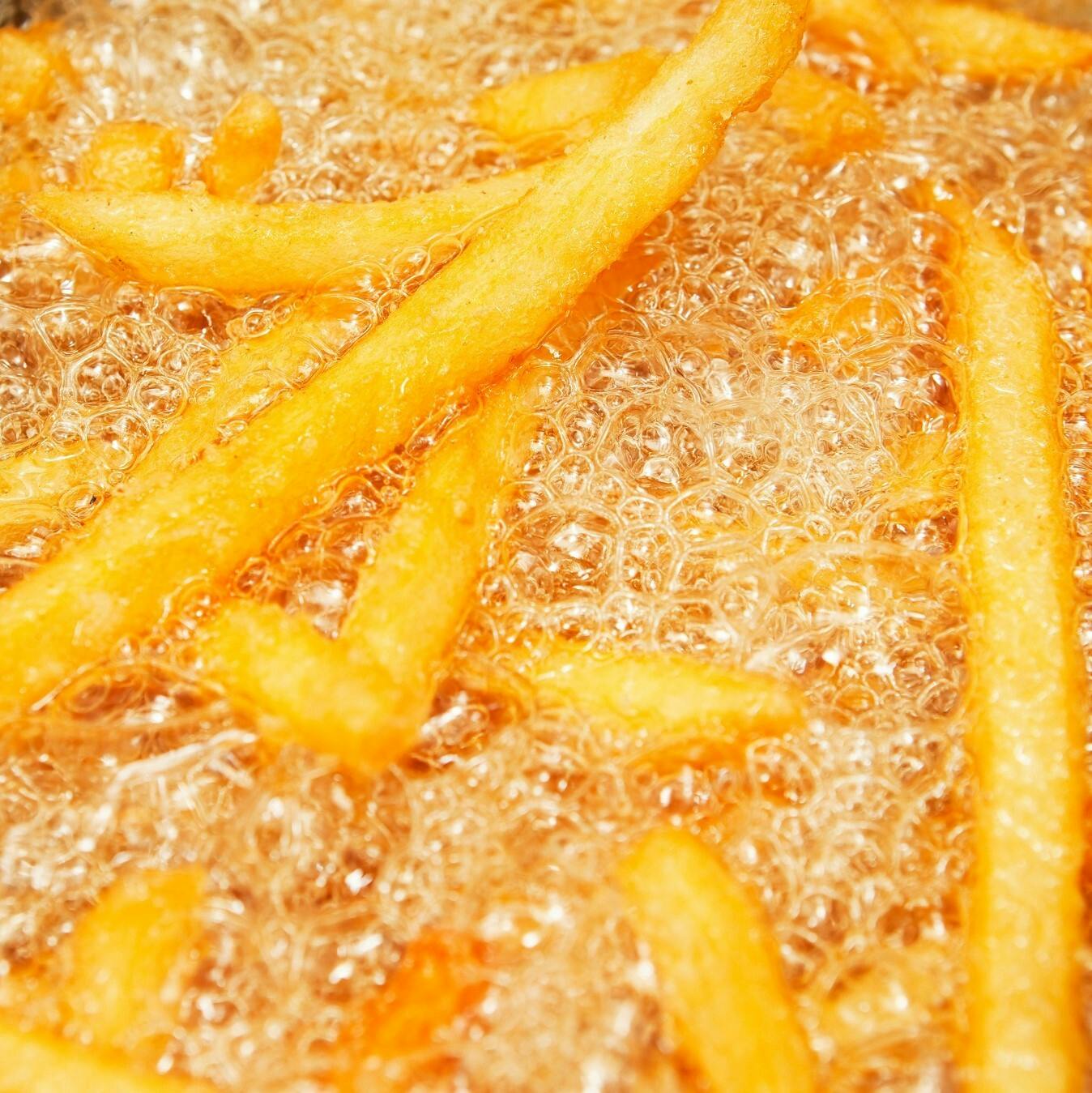
Fats and oils
Cooking oil: Cookers, Australia’s most sustainable cooking oil supplier, deliver our fresh, Australian produced cooking oil and collect our used oil for recycling – yep, we recycle every drop! We’ve also moved from receiving oil in cans to bulk delivery across 97% of our restaurants, eliminating a huge amount of packaging that would otherwise go to landfill.
Grease traps: All our restaurants have grease traps to avoid fats, oils and grease entering the sewer systems, and the facilities that process our grease trap waste use it in their organics composting process. In New South Wales and Victoria, the anaerobic digestion facility produces electricity with it as well.
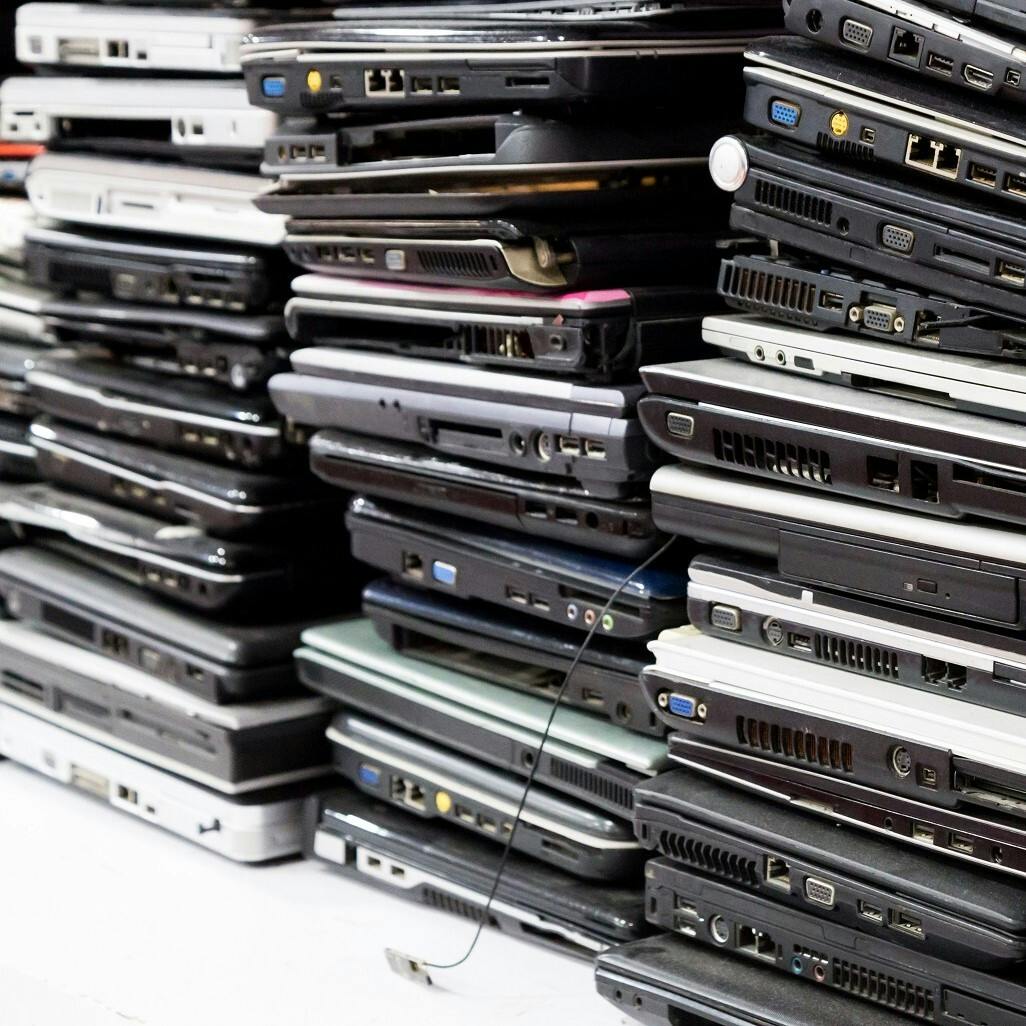
Electronic waste
We’re getting super savvy with how we make our old tech new again, thanks to our e-waste policy. Since 2018, we’ve been donating laptops to Uplands Outreach in South Africa, helping to boost performance and raise educational achievement for children in a number of schools in Mpumalanga. Since 2017, we’ve donated a mega 750kg of e-waste to social enterprise, PonyUp for Good, to be reused and ultimately diverted from landfill, plus 50% of their profits are also donated to SecondBite to help feed locals in need. Where possible, we also repair and redistribute tech to make the most of its lifecycle.
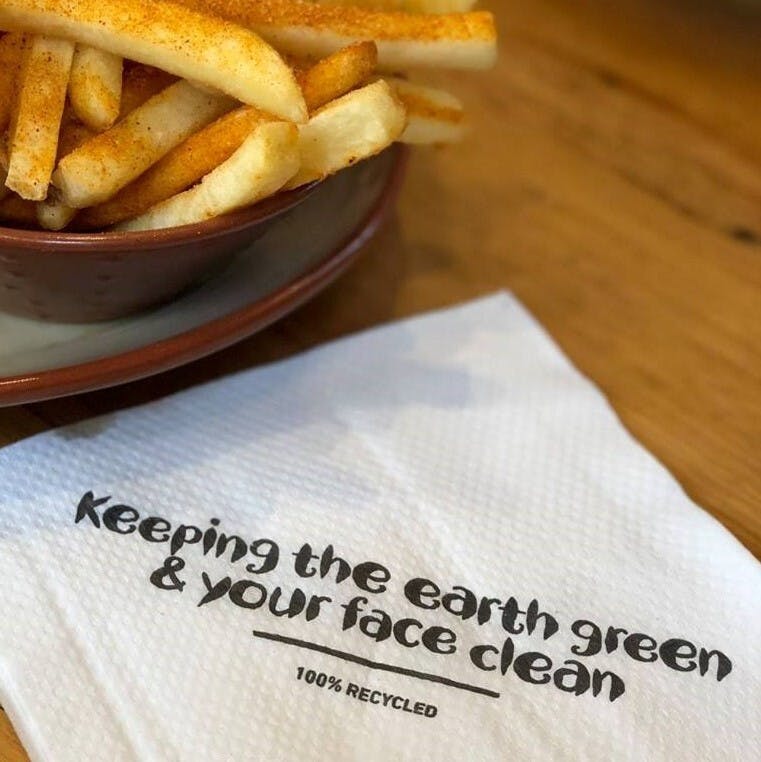
Using recovered materials in packaging and products
We’re always looking for ways to reduce our impact on the environment. After all, this beautiful planet is our home, and we consider ourselves very house proud!
We’re doing our bit to use recovered materials across our packaging and other single use products, keeping your faces clean with 100% recycled material napkins, dishing up tasty eats in takeaway packaging made with 100% recycled cardboard and introducing Australian manufactured bin liners made from 100% recycled material. We also use 100% recycled paper for our printed menus. This is just the beginning of something pretty damn spectacular – watch this space!

